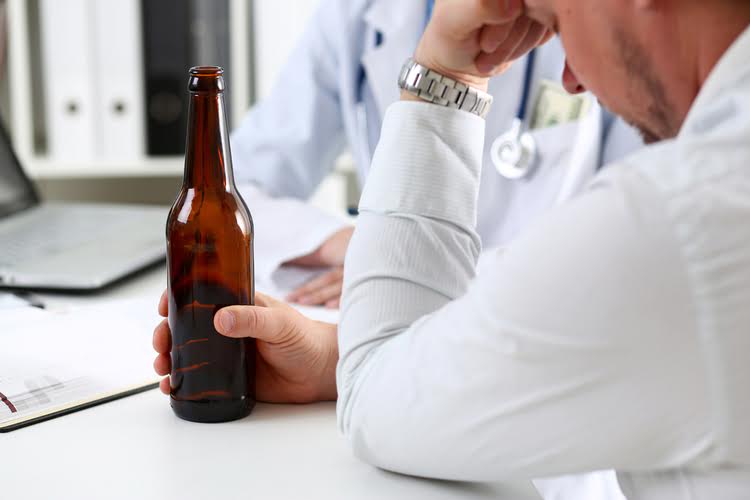This positive shift can significantly reduce symptoms of depression Sober living house and anxiety, common challenges faced during recovery. Research confirms what those in recovery have long known – gratitude leads to a greater sense of well-being, happiness, and life satisfaction1. It is easy to understand why these traits would be important in long-term recovery. While the benefits of gratitude are clear, learning how to cultivate and practice gratitude can be tricky, especially early in recovery.

What strategies can be used to cultivate gratitude during recovery?
The first thing people in recovery can be grateful for is recovery itself. Scientists studying positive psychology found that a one-time act of thoughtful gratitude produced an immediate 10% increase in happiness and 35% reduction in depressive symptoms. Learning about the forms of negative thinking can prepare you to combat them with a dose of gratitude. Addiction often creates a sense of self-centeredness and entitlement, which will manifest itself in the selfish thinking and behaviors typical of an addict. Gratitude develops our humility and teaches us to recognize others’ contributions to our lives.
- Practicing gratitude becomes a powerful tool to counteract these negative feelings and foster a positive outlook.
- Gratitude doesn’t just happen, but it can be easy to develop, just by being mindful as you move through daily life.
- This newfound mindfulness-related gratitude becomes a wellspring of strength, empowering us to navigate the challenges of recovery with renewed hope and a gentle, joyful heart.
- These practices fit seamlessly into modern telehealth addiction treatment programs like those offered by Compassion Recovery Center, enhancing the work done in therapy and support groups.
Gratitude in Alcoholics Anonymous
- By fostering a grateful mindset, individuals can experience increased happiness, improved mental and emotional well-being, and enhanced resilience in the face of adversity.
- Expressing gratitude and strengthening social bonds may reduce feelings of loneliness and disconnectedness.
- The great news is that the benefits occur almost immediately with significant impact on your recovery success and overall well-being.
- These psychological and physiological effects directly contribute to enhanced resilience against relapse triggers and a stronger foundation for sustained sobriety.
- It is a critical tool for many individuals, making the initial stages of recovery safer and more comfortable, thereby allowing them to engage more effectively in therapy and support groups.
They show a strong correlation between gratitude and increased happiness, improved physical health, and enhanced social connections. Many individuals recovering from addiction share transformative stories centered on the impact of gratitude in their lives. For them, gratitude is not only a coping mechanism but a lifeline that has changed their outlook on life, providing motivation and hope.
Drug Addiction

It could be as deep as your Higher Power or as simple as coffee that doesn’t taste like sadness. A daily gratitude list is one of the most effective tools for staying grounded in recovery. You also notice the small improvements gratitude in recovery you make, the support you get from friends and family and the beauty of sober living. Expressing thanks to supportive friends, family, or mentors can strengthen relationships and nurture a sense of trust and belonging. Simple gestures like thank-you notes or verbal appreciation can significantly impact social bonds.

